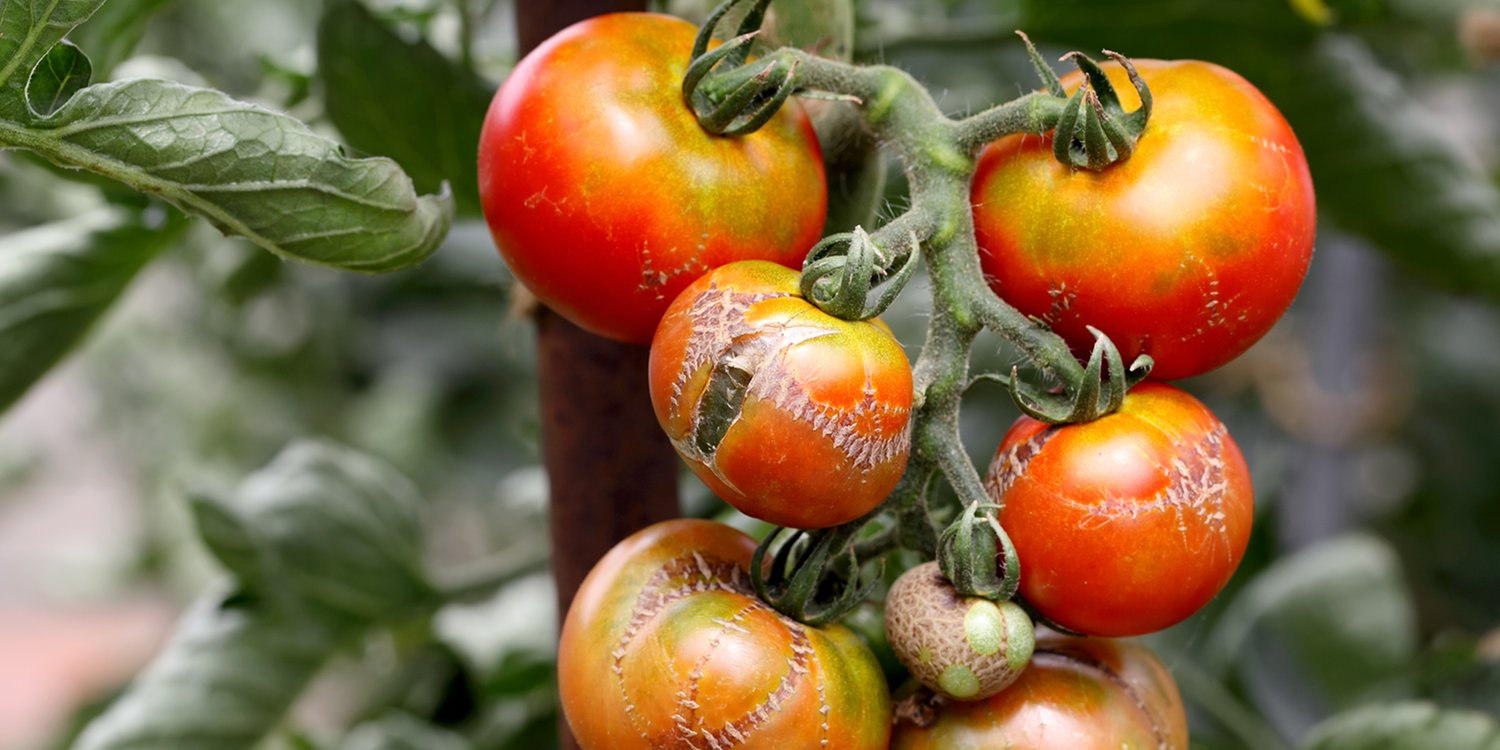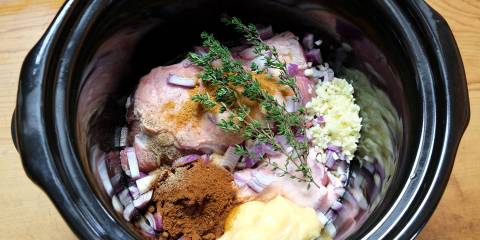As companion planting creates a beneficial bond or “friendship” between plants in the garden, there are also plants that pose as foes to other crops.
Crops to Plant Separately
These plants may hinder or stop growth as they compete for nutrients or space.
Here are some examples of plant combinations that do not work in the garden.
-
Tomato and Cabbage
Cabbage will stunt the growth of tomatoes and compete for soil nutrients. Plant relatives of cabbage — including cauliflower, collards, and kale — will also hinder the growth of tomatoes.
-
Asparagus and Onions
Onions and similar plants like garlic will compete for space and can slow or stop plant growth. These plants should be placed far from each other if planted within the same garden.
Avoid growing asparagus near potatoes for similar reasons.
-
Bell Peppers and Fennel
Not only is there a competition for space and nutrient that may cause these plants to die or slow in growth, but these plants need different growing conditions.
Other foes of bell peppers include kohlrabi, walnuts, and apricots.
Fennel does not do well with other plants and should be placed on its own whenever possible.
-
Cucumbers and Potatoes
Avoid planting cucumbers and potatoes in the same space or garden bed as they are known to be very competitive for soil nutrients.
According to SFGate.com, potatoes release substances while growing which will harm the growth of the cucumber.
-
Corn and Tomatoes
These plants are prone to common fungal infections that may occur in the garden. They also attract insects like the tomato fruit worm and the corn earworm.



